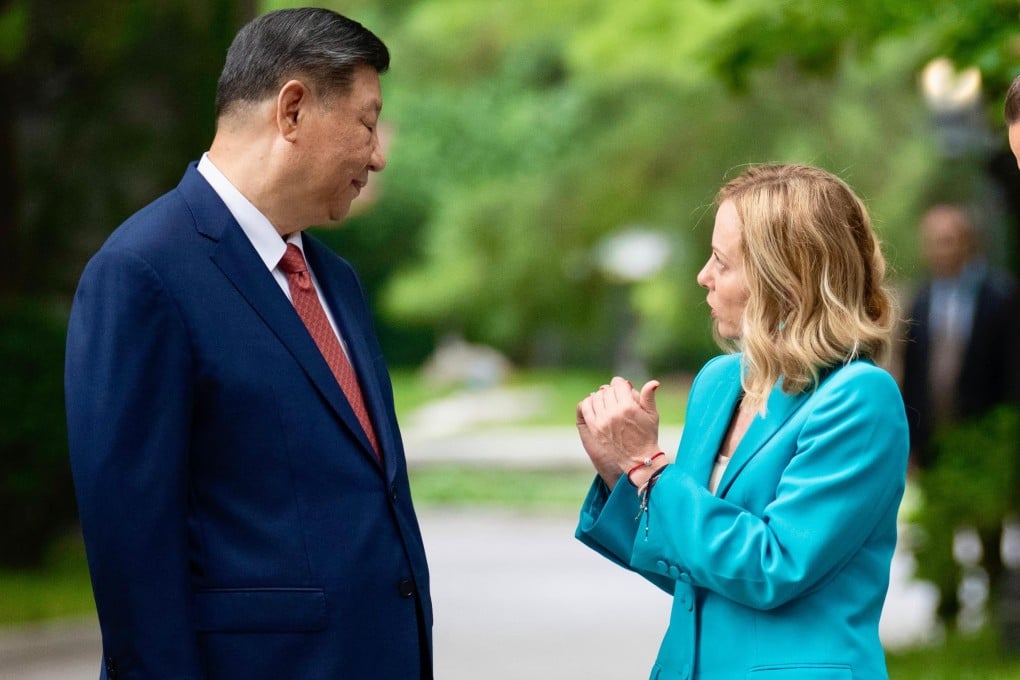Opinion | What Marco Polo and Matteo Ricci can teach China and Italy today
- Italy’s exit from China’s Belt and Road Initiative might seem to be a setback but it has opened the door to a more balanced relationship

It all began more than 700 years ago when Italian merchant Marco Polo, embarked on his legendary journey to China. His tales of Chinese urban life, flourishing commerce, convenient transport systems and sophisticated social structures captivated the European imagination and inspired explorers like Christopher Columbus.
Arriving in China in the 16th century, Ricci recognised that evangelising in a country with such profound cultural foundations required an adaptive strategy. He adopted Confucian scholarly robes and studied Chinese literature and philosophy. He earned the admiration of literati such as Xu Guangqi and Li Zhi, and introduced European geometry, astronomy and mechanical clocks to China. His approach showed that genuine engagement and mutual respect can foster deep, lasting connections between cultures.

